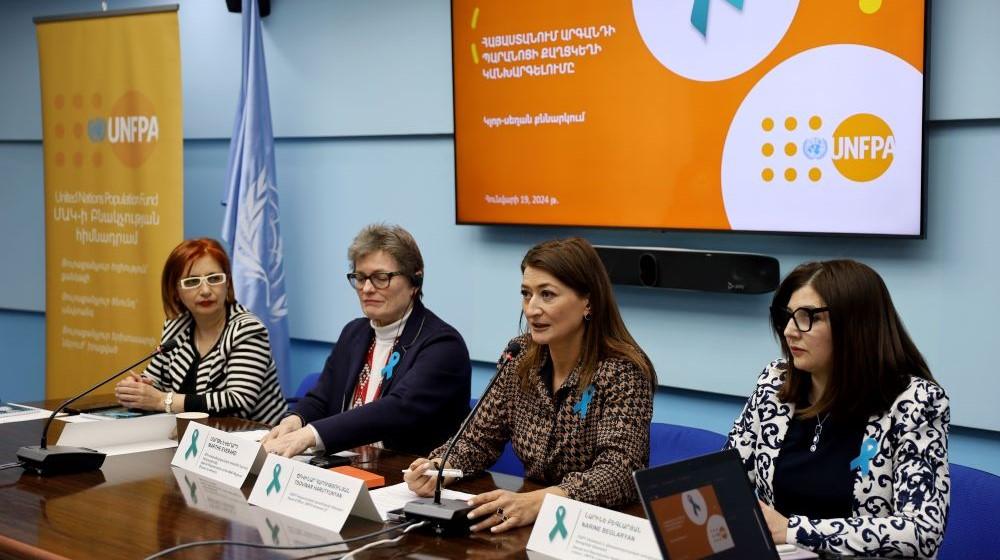The UNFPA Armenia Country Office organized a round-table discussion dedicated to the prevention of cervical cancer in Armenia. The purpose of the discussion was to consider the current situation of cervical cancer in Armenia, challenges on the way to prevention and elimination, and formulate solutions.
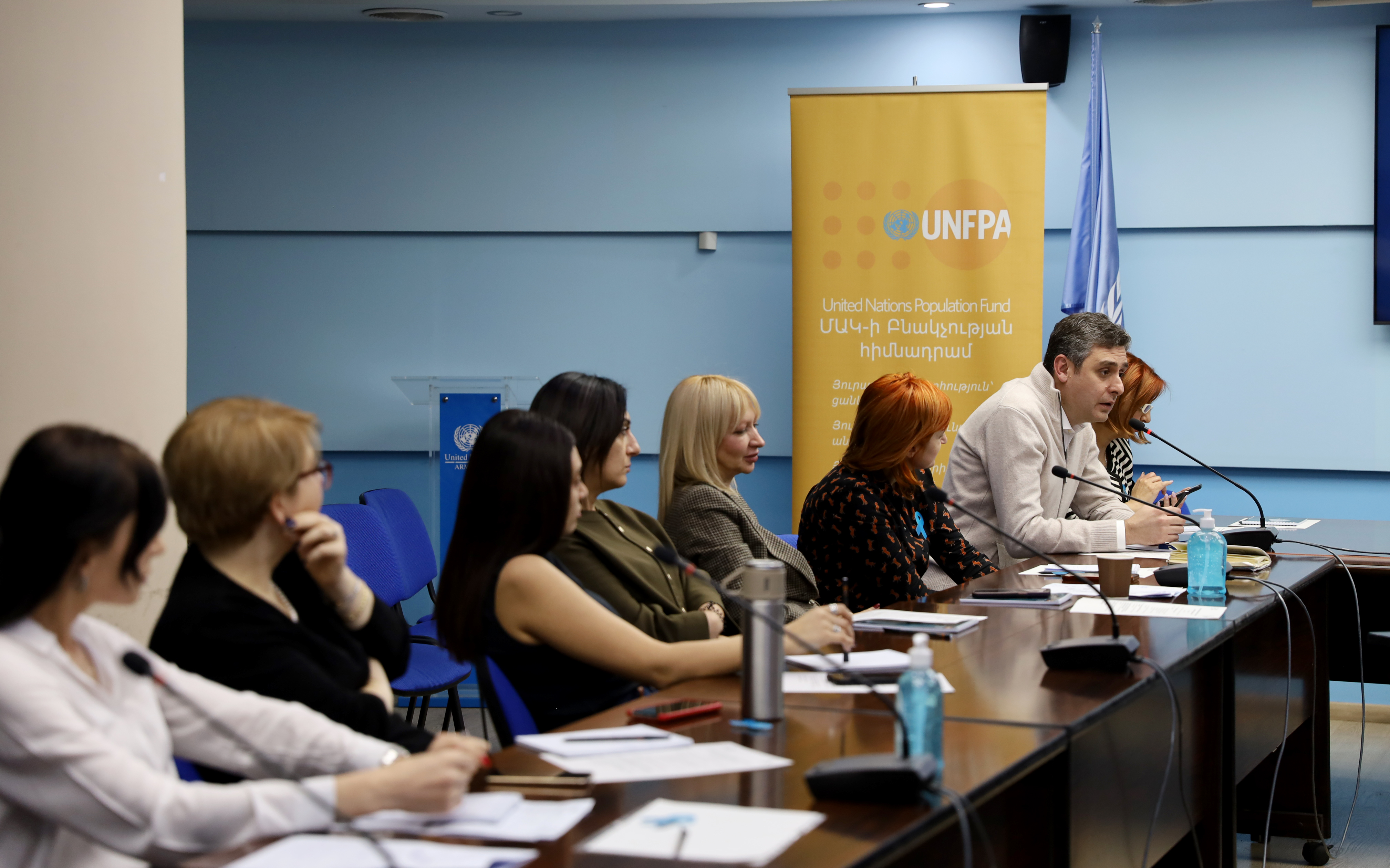
Representatives of RA Ministry of Health, WHO, various other international health organizations, as well as obstetricians-gynecologists, cancerologists and cytologists participated in the round table.
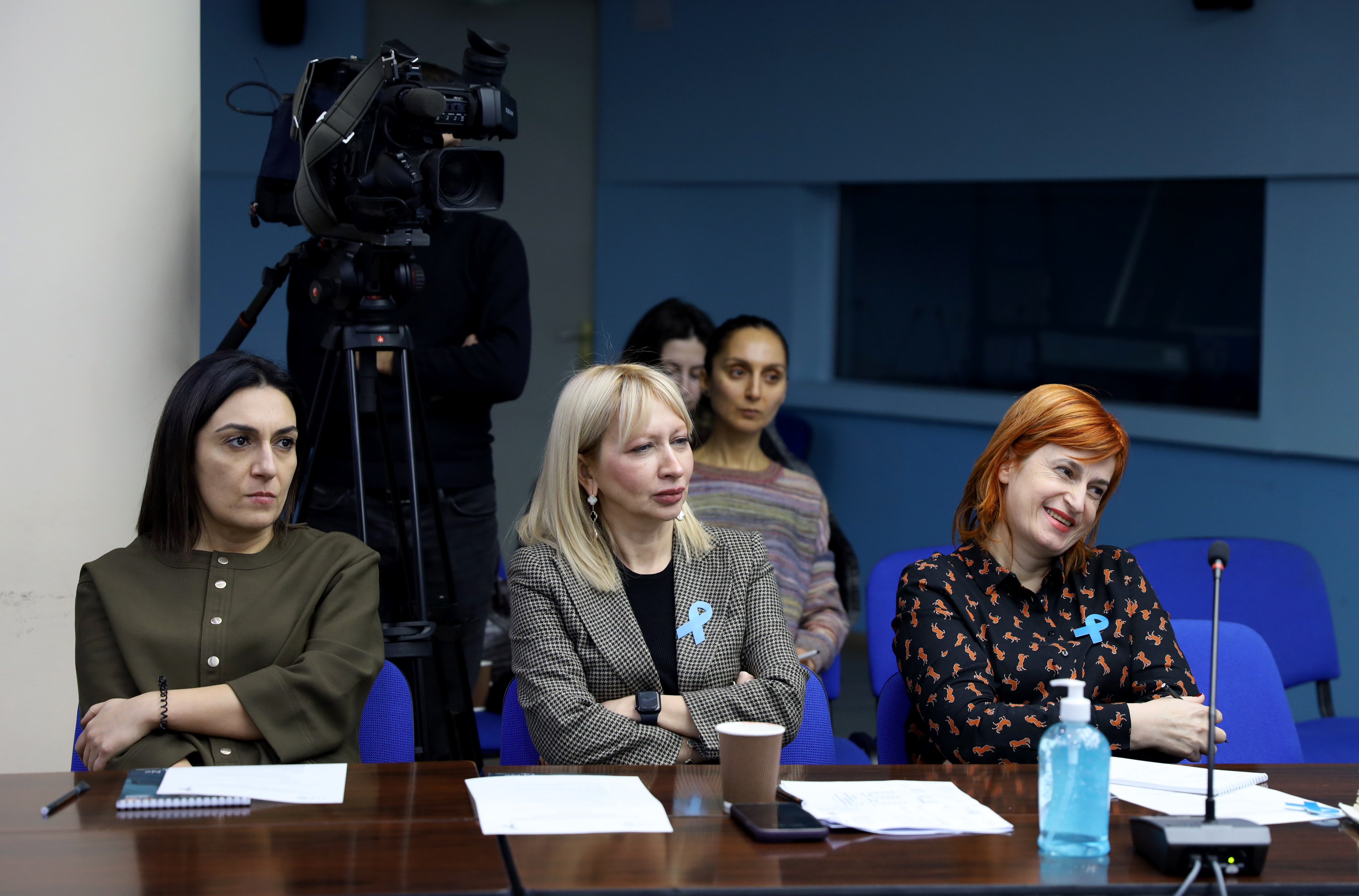
Cervical cancer is the second leading cause of cancer death in women. Worldwide, more than 600,000 new cases of cervical cancer are diagnosed each year, more than half of which are fatal.
Every year, around 260 new cases of cervical cancer are recorded in Armenia, mostly in late, third and fourth stages of the disease. Meanwhile, cervical problems can be diagnosed at the pre-cancerous stage, prevented by vaccination against human papillomavirus (HPV), treated at an early detection stage and, as a result, many lives can be saved. Both diagnosis with the help of cervical screening and vaccination against human papillomavirus are free of charge in Armenia.
"The prevalence of this type of cancer and its mortality in our region are 10 times higher than in Western Europe. This means that we still have a lot to do to save our women's lives and at least reach the rate of Western Europe. UNFPA will be consistent in this matter and, hand in hand with its partners, will do its best to improve the situation in Armenia," said Tsovinar Harutyunyan, UNFPA Armenia Head of Office.
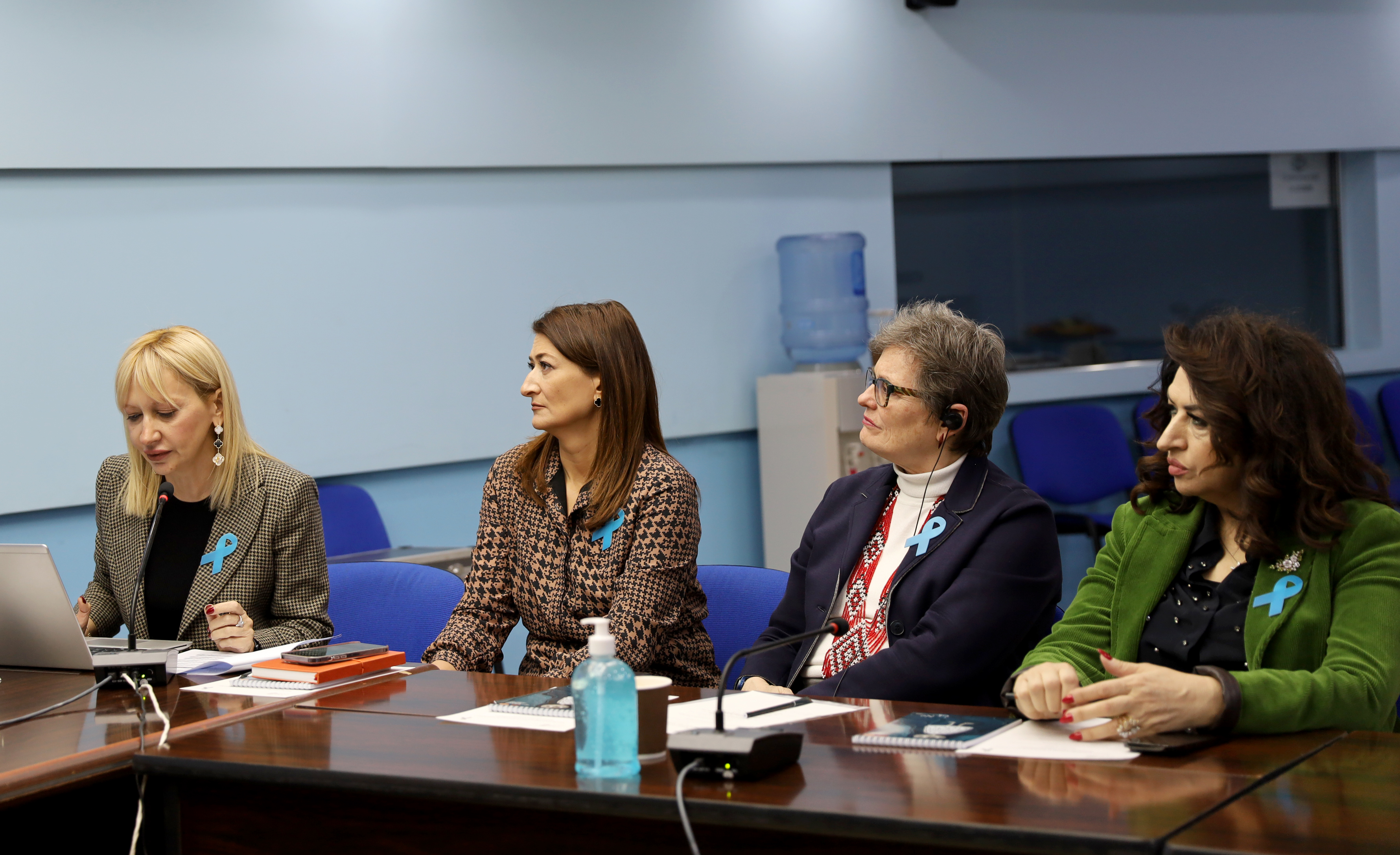
Marthe Everard, Special Representative of the WHO Regional Director to Armenia, said, "In Armenia, a woman is diagnosed with cervical cancer every two days, and every three days, a woman dies of the disease. Nowadays, cervical cancer is one of the most preventable and treatable forms of cancer through Human Papillomavirus vaccination, early detection by screening, and effective medication."
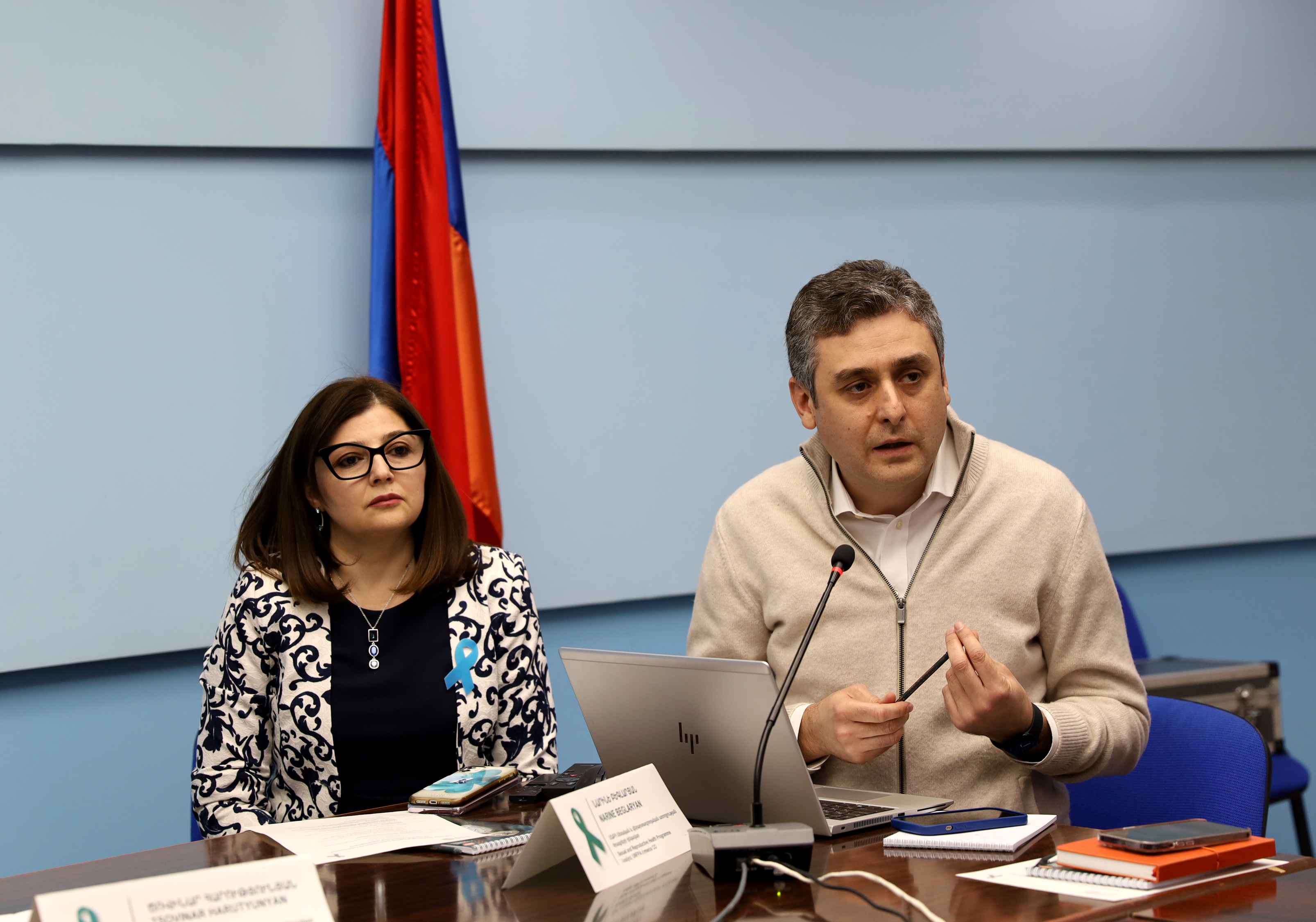
According to Vahe Ter-Minasyan, Head of the Department of Obstetrics and Gynecology of the National Institute of Health of the RA Ministry of Health, "It is necessary to develop a competent, good screening program, which if implemented, we will allow us to change the situation. Modern methods should be implemented, doctors with relevant knowledge should participate in it, the program should be managed by a single methodology and by a single center, which will lead to the elimination of this disease in our Republic."
January 2024 is the Cervical Cancer Awareness Month. And January 21-27 is the Cervical Cancer Prevention Week, the main goal of which is to unite all stakeholders around the eradication of this type of cancer.

